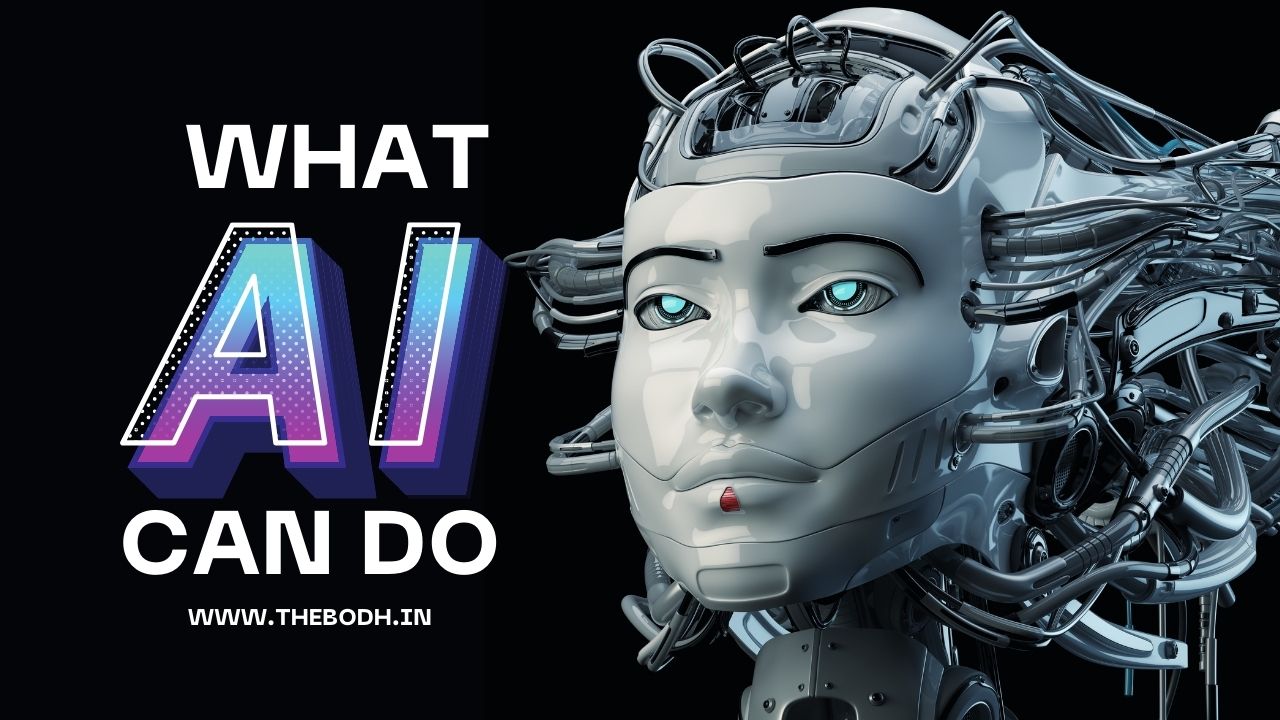As India rapidly advances in artificial intelligence, the conversation around ethical AI development has become increasingly crucial. The country stands at a unique crossroads, where technological innovation meets deep-rooted cultural values and diverse societal needs.
The Current Landscape
India's AI ecosystem is experiencing unprecedented growth, with applications spanning healthcare, agriculture, education, and governance. However, this rapid advancement brings forth complex ethical considerations that need careful examination.
"The development of AI in India must be guided not just by technological possibilities, but by our cultural values and societal needs."
Key Ethical Considerations
Several critical areas demand our attention:
- Data privacy and protection in a diverse society
- Algorithmic bias and fairness
- Impact on employment and livelihoods
- Cultural sensitivity in AI applications
- Accessibility and digital divide
Cultural Context
India's rich cultural diversity presents both challenges and opportunities for AI development:
- Multiple languages and dialects
- Varied socio-economic backgrounds
- Different levels of digital literacy
- Diverse cultural practices and beliefs
Regulatory Framework
The Indian government has taken initial steps towards establishing an ethical framework for AI:
- Draft National Strategy for Artificial Intelligence
- Personal Data Protection Bill
- Guidelines for AI in healthcare
- Ethical guidelines for AI research
Industry Initiatives
Leading technology companies in India are implementing various measures:
- Internal ethics committees
- AI impact assessment frameworks
- Diversity in AI development teams
- Transparency in AI decision-making
Future Directions
To ensure responsible AI development in India, several steps are necessary:
- Strengthening regulatory frameworks
- Enhancing public awareness and education
- Promoting interdisciplinary research
- Fostering international collaboration
- Developing local AI ethics guidelines
Conclusion
The journey towards ethical AI in India requires a balanced approach that respects both technological innovation and human values. By addressing these challenges thoughtfully, India can set a global example for responsible AI development that benefits all sections of society.
As we move forward, it's crucial to maintain an ongoing dialogue between technologists, policymakers, ethicists, and the public to ensure that AI development in India remains aligned with our cultural values and societal needs.

